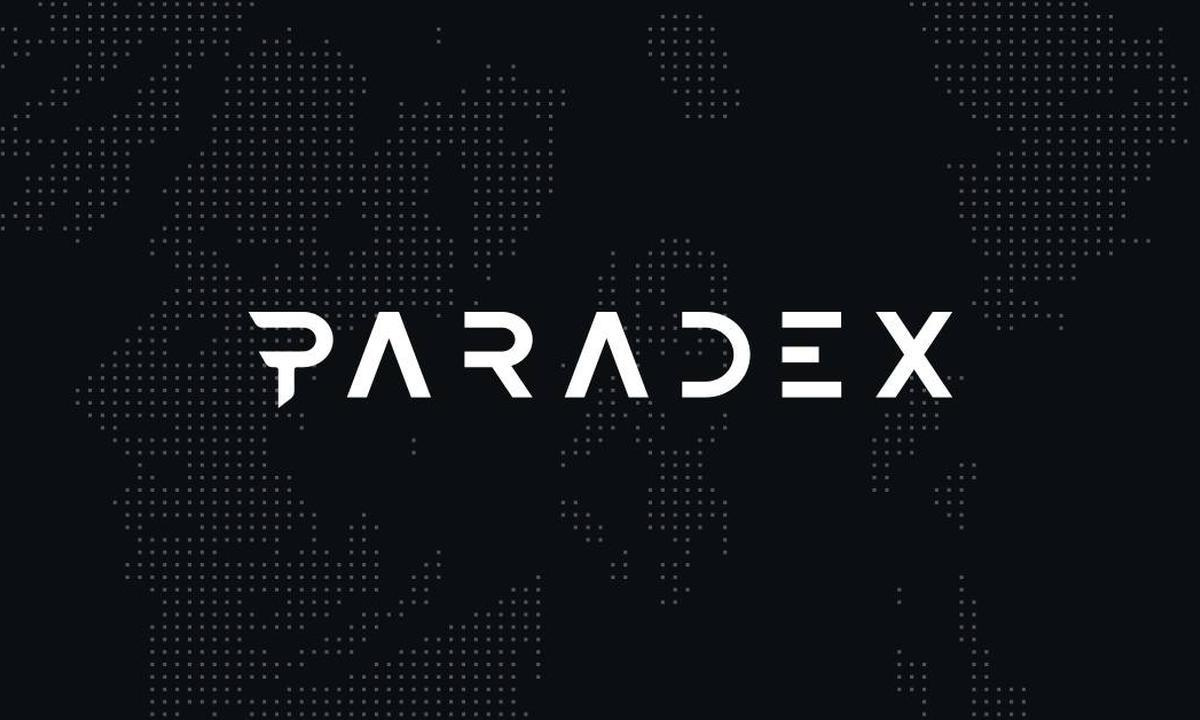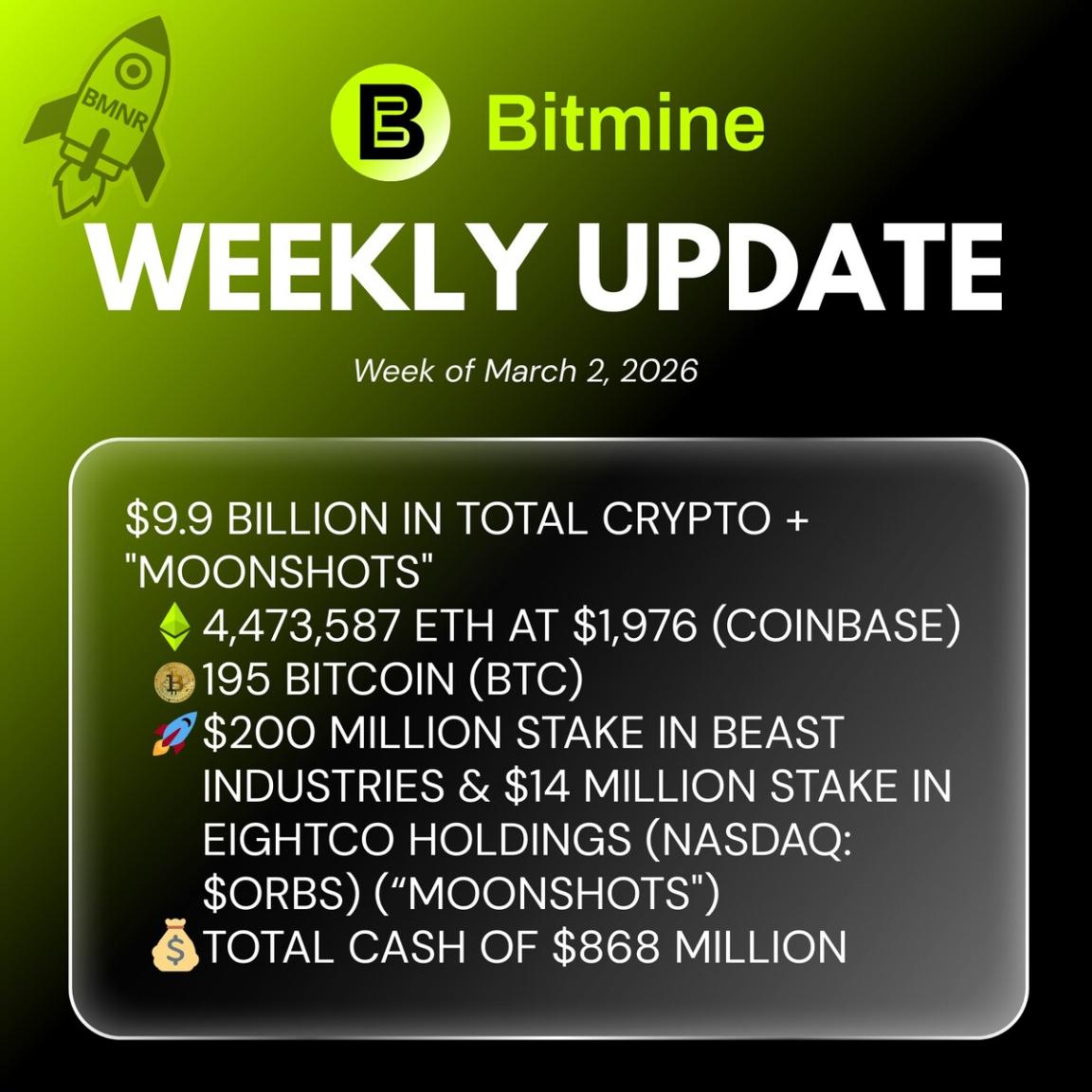Last week London hosted the UK largest Web3 conference, Zebu Live. In a lively panel discussion, Andrea Maria Cosentino, CEO & Founder at Impact Fundry and the W3B Club at Rise by Barclays, discussed the state of convergence between Web3 and AI, together with Alex Ball, Nelle Reno, Nick Havryliak and moderated by Henry Hankin.
The industry experts weighed in on whether this much-hyped narrative represents genuine innovation or mere speculation. Here are the key insights and takeaways from the session.
Innovation or Hype?
The conversation kicked off by addressing the question on everyone’s mind: Is the Web3 and AI convergence real innovation, or just hype? The panel acknowledged that it’s a bit of both. While the foundational technologies of Web3, like blockchain, can enhance the transparency, security, and autonomy of AI systems, the narrative has also been driven by exaggerated marketing claims.
One expert explained how Web3’s decentralized infrastructure could allow AI systems to operate more autonomously by using smart contracts and dApps (decentralized applications). Blockchain enables data decentralization, allowing users to share data directly with AI systems while maintaining privacy and control. For instance, decentralized finance (DeFi) applications are using AI to optimize trading strategies in real-time.
However, there was consensus that the infrastructure for “decentralized AI” is still in its infancy. Aspirational ideas such as fully autonomous, AI-driven DAOs (Decentralized Autonomous Organizations) are still experimental.
Key Opportunities for Convergence
Several panelists discussed the potential of Web3 and AI to create transformative changes in various areas:
● Data Ownership and Privacy: Blockchain could allow individuals to retain control over their personal data, determining who has access to it for AI purposes.
● Provenance in AI Models: AI systems could leverage blockchain to create a trail of provenance, tracking the data used for training and algorithmic modifications. This transparency could build trust in AI systems.
● Smart Contracts for AI Automation: Web3’s smart contracts could enable AI systems to autonomously execute tasks based on real-world data.
The Broken Data Market for AI
The panel shifted focus to the broken state of the data market for AI, highlighting key issues:
● Centralized Data Ownership: A few large tech companies dominate data, creating monopolies that limit access for smaller players.
● Lack of Transparency and Quality: AI systems rely on vast datasets, but the quality, provenance, and diversity of these datasets are often unclear, resulting in biased and incomplete models.
● Privacy and Consent Issues: Much of the data used by AI is collected without user consent, raising ethical concerns.
To address these issues, the panel suggested the creation of decentralized data marketplaces powered by blockchain. These marketplaces could ensure transparent data provenance, incentivize data sharing through tokenization, and enhance privacy through technologies like federated learning and differential privacy. One panelist emphasized how tokenized data could allow individuals to earn rewards for sharing their data with AI developers.
Can Blockchain Solve AI’s Data Problems?
While blockchain offers promising solutions for AI’s data challenges, the panelists were cautious about overstating its capabilities. Blockchain’s limitations, such as scalability issues and high energy consumption, remain significant barriers.
The experts identified several solutions to overcome blockchain’s limitations:
● Layer 2 Solutions: Off-chain processing can reduce the load on the main blockchain, enhancing scalability and efficiency for AI applications.
● Energy-Efficient Consensus Mechanisms: New approaches like proof-of-stake can mitigate the environmental impact of blockchain.
● Hybrid On-Chain/Off-Chain Models: Using blockchain for security and off-chain systems for data processing could strike a balance between decentralization and efficiency.

Who Owns the Data in the Age of AI?
Data ownership in the AI era sparked an animated debate. The general view was that individuals should technically own their personal data. However, once shared with platforms, control often shifts to the companies. Legal frameworks like GDPR and CCPA offer some protections, but true data ownership remains elusive.
The panel highlighted several potential models for more equitable data ownership:
● Community-Owned Data Networks: Data DAOs, where communities pool their data, allow collective bargaining with AI developers.
● Tokenized Data Markets: Blockchain platforms could tokenize data, creating decentralized, transparent markets for data exchange.
● Data Trusts: These legal structures would allow trustees to manage data on behalf of individuals, ensuring privacy and ethical use.
Who Needs Whom More: Web3 or AI?
A recurring theme in the discussion was the symbiotic relationship between Web3 and AI. AI needs Web3 to address data privacy, ownership, and integrity concerns. Decentralization could democratize data and create transparent infrastructures that AI can operate within. On the flip side, Web3’s complexity and scalability challenges could be alleviated by AI, which can automate processes, improve user experience, and enhance security.
“Both need data to succeed,” one panelist pointed out, explaining how decentralized data sharing can fuel AI development, while AI can make Web3 more intelligent and user-friendly.
The “Show Don’t Tell” Moment: Killer Apps for Web3 x AI
The panel wrapped up with a forward-looking question: What’s the killer app that will make the convergence of AI and Web3 undeniable?
Here are five areas where the convergence is likely to create breakthrough applications:
- Decentralized AI Marketplaces for Data and Models: These platforms could solve AI’s data bottleneck while giving individuals control over their data. Using blockchain and smart contracts, individuals could sell or lease their data directly to AI developers, ensuring fair compensation and privacy.
- AI-Enhanced DAOs: AI could optimize the decision-making processes of DAOs by analyzing community sentiment and predicting outcomes. This would make DAOs more scalable and practical for real-world use.
- Self-Sovereign Identity (SSI) Powered by AI: AI could manage and protect decentralized identity systems, allowing users to control their personal information securely across platforms.
- AI-Powered NFTs: By combining AI with NFTs, digital assets could become dynamic and evolve based on user interactions. AI-generated NFTs could transform the art, gaming, and metaverse ecosystems.
- AI-Driven DeFi Platforms: AI could significantly improve DeFi by providing real-time risk management and fraud detection, making these platforms safer and more attractive to investors.

Conclusion: The Road Ahead
The panel concluded with a sense of optimism about the future of Web3 and AI, but also a cautionary reminder that these technologies are still developing. The infrastructure, particularly for decentralized AI, is underdeveloped, and the true potential of their convergence may not be fully realized for another few years.
However, if both Web3 and AI can evolve in tandem, overcoming challenges around scalability, privacy, and regulation, their combined impact could be transformative—creating systems that are more transparent, equitable, and efficient for all users.









